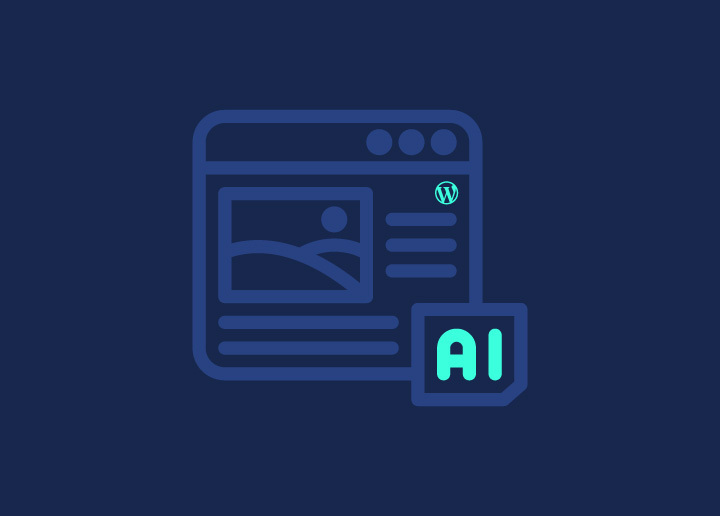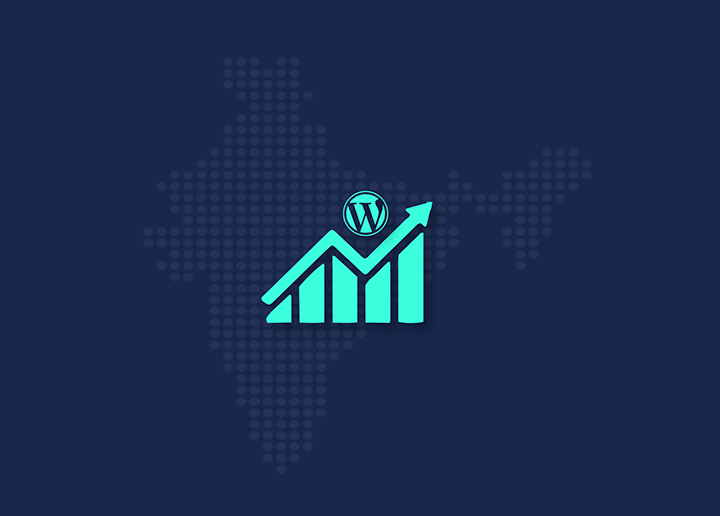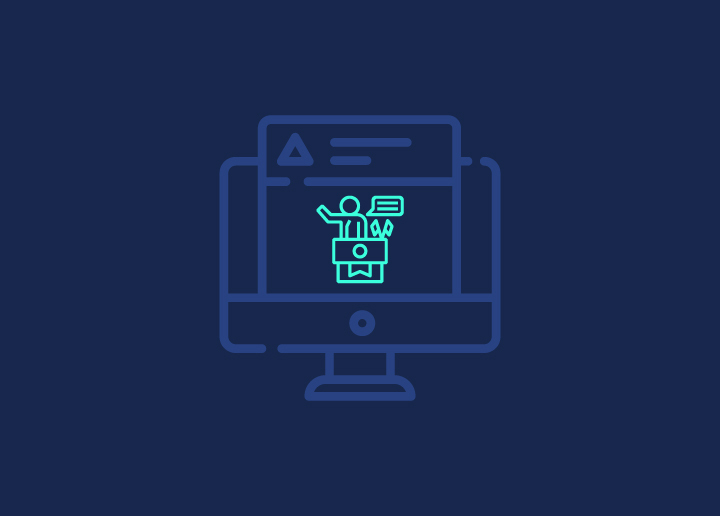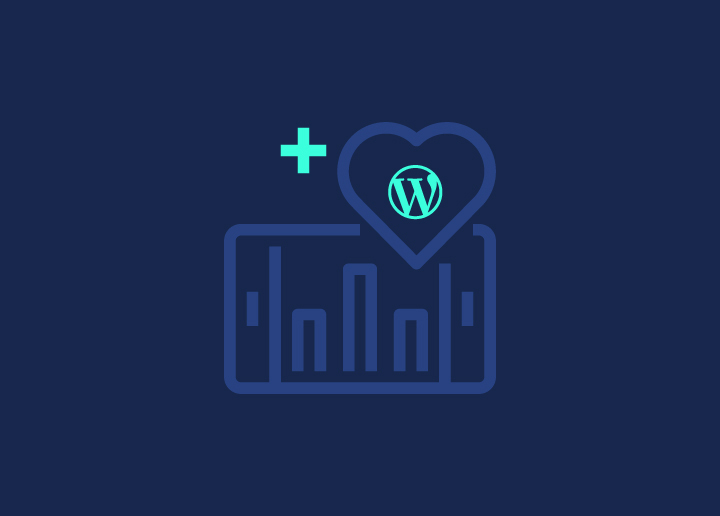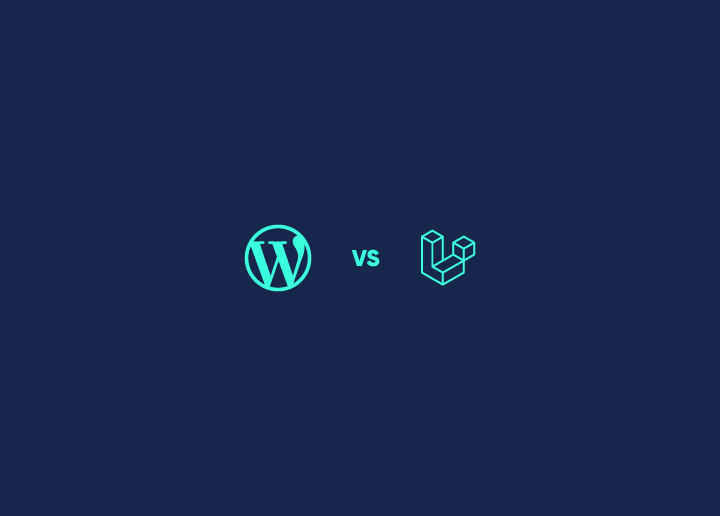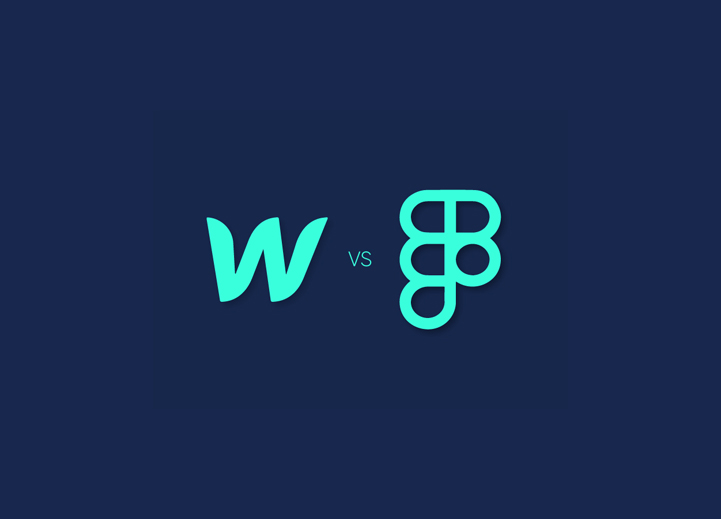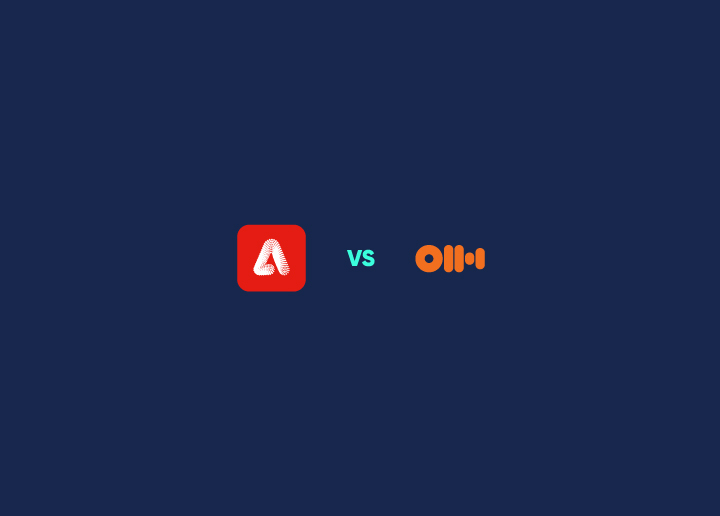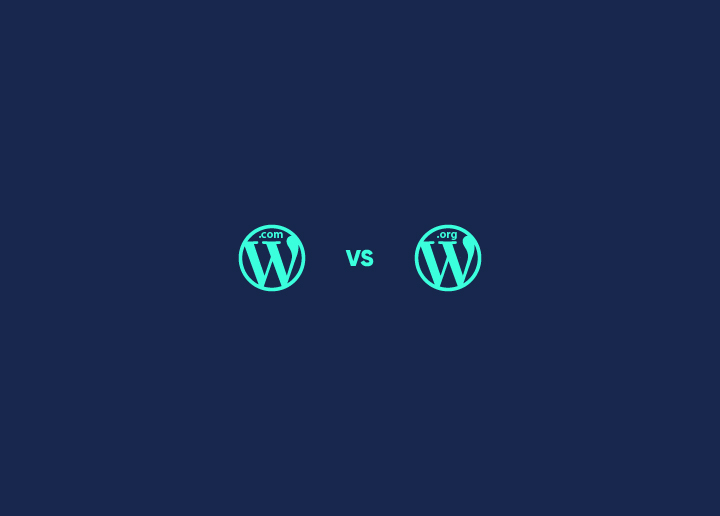Laravel vs WordPress is going to be a compelling comparative study as both are open-source PHP frameworks. While WordPress is a content management system (CMS), Laravel is a full-stack web application framework. WordPress is primarily designed for building websites, blogs, and online publications. It’s user-friendly and has a vast galaxy of plugins and themes, making it ideal for non-technical users.
Laravel too, has excellent tools and features for building complex, scalable, and secure web applications. It follows the Model-View-Controller (MVC) architectural pattern. It is a popular application even in WordPress development for building custom applications from scratch.
All in all, WordPress excels at content management and blogging, and Laravel shines in creating sturdy, custom-built web applications. There are advanced possibilities like authentication, routing, caching, and database management plugins use. Both frameworks have their strengths and cater to different needs, but they complement each other in the PHP ecosystem.
This article will take you on a quick ride comparing the two web-building essentials and provide a verdict on which application is more of an all-rounder.
Contents
ToggleAbout Laravel
Laravel is a free tool created in 2011 by Taylor Otwell to solve his own coding challenges and boost productivity. It helps developers focus on business features instead of repetitive tasks. It’s highly regarded among PHP frameworks because it offers all necessary features and simplifies common tasks like routing and authentication.
With a large community and many helpful packages, Laravel makes building complex apps easy. Its popularity means there is a high demand for Laravel developers compared to traditional WordPress developers. Their average salaries range approximately around $90,487 yearly! Laravel’s learning resources are abundant online, making it easy to become proficient.
The app follows the MVC architecture, which separates data, application logic, and user interface for easier development and maintenance. Requests are routed to controllers, which fetch data from models and pass it to views for display. This approach streamlines development and allows Laravel to handle server- and client-side tasks effectively.
Know More: Best Custom Web Portal Development Companies
Key Attractions
Wondering how this PHP tool can broaden your horizons? Explore the key attractions of Laravel—

- Routing and Middleware: Configure application routes easily and protect them with middleware for monitoring and limiting HTTP requests.
- Queues and Jobs: Perform tasks in the background, such as image uploads or sending emails, without making users wait.
- CSRF Protection: Automatically generate secret tokens for each user to prevent unauthorized commands.
- Asset Bundling (Vite): Utilize Vite for rapid frontend development, with immediate compilation of assets.
- HTTP Session: Store user information across requests, supporting multiple session backends with HTTP caching.
- Caching: Avoid repetitive data retrieval operations with built-in support for various caching backends.
- Database Migration: Seamlessly design, build, and manipulate databases with migrations, similar to version control.
Use Cases of Laravel
Laravel offers many features that empower developers to build various projects. However, its true potential shines brightest when applied to creating complex and highly customizable applications.
Here are some critical use cases:
- Never-before-seen apps: The magic of Laravel lies in its customization capabilities, allowing developers to craft unique web applications with personalized features. Even if a desired feature isn’t included out-of-the-box, Laravel’s extensive helper functions enable developers to build it from scratch, resulting in truly original apps.
- Enterprise apps: Ideal for solving organizational challenges, Laravel excels in developing enterprise applications. These web-based solutions cater to diverse needs such as billing systems, content management systems, project management systems, and customer support systems.
- Scalable apps: With its flexible architecture, Laravel is well-suited for businesses anticipating scalability and regular feature updates. Supported by contributions from the Laravel core team and developers worldwide, the framework receives frequent updates, ensuring it can adapt to evolving application demands.
- Secure apps: Laravel simplifies the implementation of robust authentication systems and offers protection against common security threats like cross-site scripting (XSS), cross-site request forgery (CSRF), SQL injections, and cross-origin resource sharing (CORS). In summary, Laravel provides strong security with minimal vulnerabilities, making it a reliable choice for secure applications.
More Reading: Crawler List -Exploring The Best Web Crawlers For SEO
About WordPress
WordPress is a leading content management system (CMS) written primarily in PHP. Founded in 2003, it has become one of the most popular platforms for creating websites, powering millions of sites across the internet. PHP, the server-side scripting language, is the backbone of the WP system. It allows WordPress to dynamically generate web pages, process form data, interact with databases, and perform other essential functions required for website functionality.
What’s cool about WordPress is that it goes beyond just building websites. It gives you a whole system to manage your site’s content, making it super user-friendly. Now, when people talk about WordPress, they usually mean the self-hosted version from WordPress.org, not the one from WordPress.com.
Here’s the difference:
- WordPress.org is free and open-source. You install it on your own website and have full control over how it looks and works.
- WordPress.com is a paid service for simpler websites. The self-hosted version is more flexible.
Despite being around for almost 20 years, WordPress is anything but outdated. Thanks to a community of contributors who keep it up to date with modern technologies, it’s constantly evolving. You don’t need to be a coding whiz to use WordPress. Sure, it’s written in PHP, but you can still create unique websites without touching a single line of code. Tools like Elementor make it even easier, letting you build your dream website in no time.
Check This: Elementor Stuck on Loading Screen? Here’s How to Fix
Key Attractions
So, what makes WordPress so irresistible? We have the answer right here –

- Plugins: Easily extend WordPress’s functionality with a vast library of plugins for various needs, including galleries, social media integration, calendars, and SEO.
- User Management: Simplify website collaboration by managing new users and different user roles and permissions with ease, allowing for seamless import and export of user information.
- Media Management: Utilize the WordPress Media Library to effortlessly manage and add media assets to your site, including images, galleries, and videos, with built-in editing tools.
Keep Reading: How To Do A Social Media Audit?
- Modern Browser Compatibility: Rest assured knowing that WordPress adheres to W3C standards, ensuring compatibility with current and future web browsers.
- Theme System: Choose from a wide selection of pre-designed themes or upload custom themes to give your site a unique look and feel.
- Built-in Comments: Foster user engagement with built-in comments functionality. This allows visitors to interact with your content and enables easy comment management and spam prevention.
Discover: The Role of Social Proof in WordPress Design
- Publishing Tools: Manage your content effortlessly with features for creating drafts, reviewing revisions, and regulating post privacy settings, providing a comprehensive content publishing experience.
WordPress Use Cases
Some irreplaceable use cases of WordPress are –
- Community Websites: Engage users, foster discussions, and build relationships with ease using WordPress’s intuitive platform. Take advantage of WordPress’s multisite feature to connect multiple sites within one instance and enhance functionality with plugins tailored for multisite management.
- E-commerce Websites: Turn your business idea into reality quickly and efficiently with WordPress. Utilize plugins like WooCommerce to set up an ecommerce website in minutes. Benefit from WooCommerce’s customization options, community support, and subscription-selling capabilities.
- Membership Websites: Monetize your expertise by offering premium content through membership plans. With WordPress, you can easily sell memberships that grant users exclusive access to your content. Hosting your membership site on platforms like Kinsta ensures optimized performance for seamless user experiences.
- Business Websites: Use WordPress to establish a professional online presence for your business effortlessly. Choose from a wide selection of themes to create a polished and organized website that reflects your brand’s identity. Enhance functionality with plugins designed to showcase your products and services effectively.
Did You Know? – Top 5 Best WordPress Themes For Your Cryptocurrency Business
Want to Ramp Up Your Site for More Prominence?
Have our competent and versatile web dev pros transform your site with comprehensive solutions at unbeatable prices.
In a Nutshell: Similarities and Differences between Laravel and WordPress
Laravel and WordPress meeting ground –
- Free and Open Source: Both Laravel and WordPress are freely available for use and can be modified according to user needs.
- Versatility: They offer the flexibility to create various types of websites, catering to different project requirements.
- Strong Community Support: Both platforms boast large and active communities of developers and users, providing extensive support and resources.
- Built-in Features: They come equipped with a range of built-in features and functionalities to streamline website development.
- Speed and Flexibility: Both Laravel and WordPress are known for their speed and adaptability, allowing developers to build and deploy websites efficiently.
- Object-Oriented Structure: They are built on an object-oriented architecture, providing a solid foundation for development.
- Reliability and Maintenance: Continuous maintenance and contributions from global contributors ensure the reliability and security of both platforms.
Laravel and WordPress distinctions –
- Purpose: Laravel is primarily a PHP framework for building custom web applications from scratch, while WordPress is a content management system (CMS) designed for website creation and management.
- Skill Requirement: Laravel requires proficiency in PHP development, whereas WordPress can be used without extensive coding knowledge.
- Architecture: Laravel follows the Model-View-Controller (MVC) architecture, while WordPress relies on a plugin-based architecture for extending functionality.
- Extension Mechanism: Laravel allows for functionality extension through packages, while WordPress utilizes plugins to add features and customise websites.
Read Another Comparison: Webflow Vs WordPress – Which Platform Suits Your Business?
Laravel Vs WordPress: Comparison Points
In comparing Laravel and WordPress, it’s essential to explore key points such as their flexibility, scalability, and performance capabilities. While both are PHP-based, Laravel is renowned for its robust framework for building custom web applications, whereas WordPress excels in content management and blogging.
Laravel Vs WordPress: Ease of Use
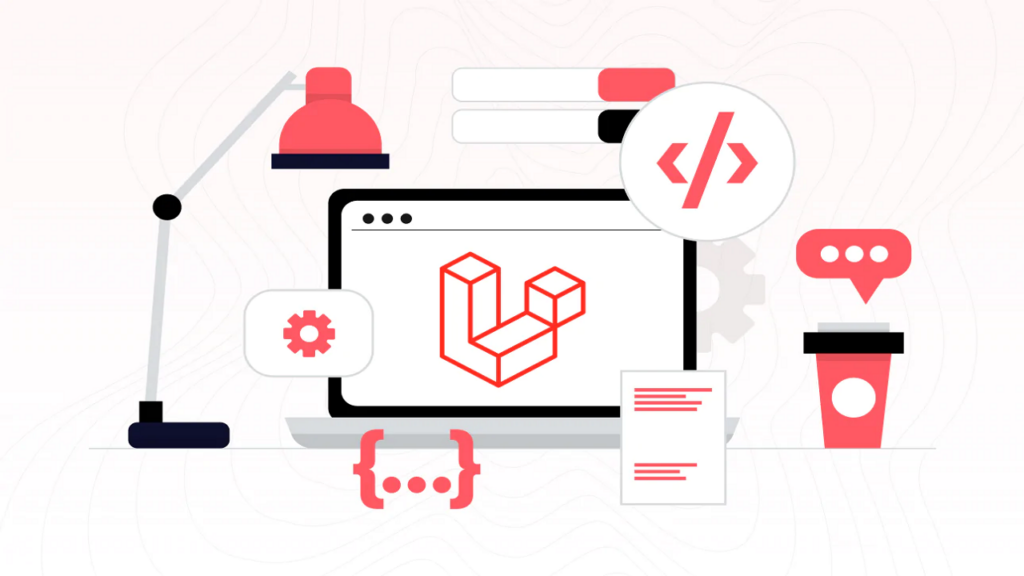
There is a contrasting ease of use between the two software concerning web development.
Laravel:
Although learning Laravel may initially seem complex, especially for beginners, its developer-friendly syntax and comprehensive documentation make the learning curve manageable. However, it may still be difficult for those new to programming or without prior PHP experience. Laravel offers a wealth of resources and tutorials to support developers in mastering the framework. Designed with developers’ needs in mind, It streamlines PHP development processes and provides tools and features that simplify everyday tasks, ultimately enhancing productivity and efficiency for experienced developers.
Find Out: Benefits of White-Label WordPress Development for Agencies
WordPress:
Thanks to its straightforward setup process and intuitive content management system, even beginners can grasp the fundamentals of WordPress within minutes. This simplicity and user-friendliness are among WordPress’s key advantages, making it the preferred choice for individuals and businesses seeking a hassle-free website solution.
| Laravel | WordPress |
| Learning curve can be steep for beginners and requires prior coding experience and extensive documentation. | Intuitive interface and user-friendly dashboard make it accessible even to non-developers. |
Winner: WordPress
Laravel Vs WordPress: Performance
Any guesses for which platform outpaces the other in web dynamism?
Laravel:
Laravel has a well-written and highly optimized core code base. It is crafted by some of the top PHP developers globally. This optimization enables Laravel to handle complex tasks efficiently, thanks to its extensive array of built-in functionalities and the flexibility to augment them with various packages. Specific techniques are tailored to enhance speed and efficiency, ensuring smooth and responsive web applications.
WordPress:
While WordPress excels in simplicity and user-friendliness, some sites may experience performance issues, particularly as they scale and incorporate additional plugins and resources. Slow site loading and performance challenges can impact user experience and site functionality. However, WordPress users can improve performance by adhering to best practices and implementing optimization techniques.
Read the Guide: 30+ Actionable Ways to Speed Up WordPress Admin
| Laravel | WordPress |
| Well-organized core code base, vast built-in functionalities and flexibility for optimization. | Some sites may face performance issues with scaling and additional plugins and resources. |
Winner: Tie
Larael Vs WordPress: Scalability
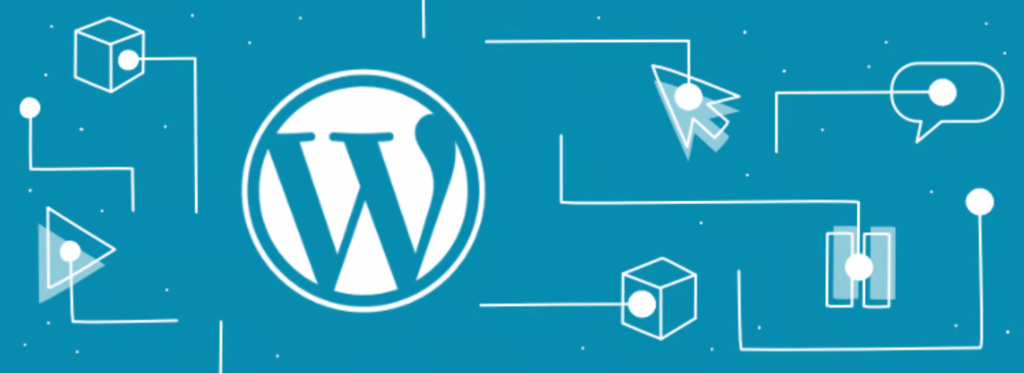
Witness which platform reigns supreme in handling the growing demands of modern web applications on scale.
Laravel:
Laravel apps are naturally scalable with their MVC architecture. MVC separates logic from the user interface, allowing easy adjustment of components. This enables business owners to add or remove features without impacting user experience or performance.
WordPress:
WordPress offers limited customization, and adding more add-ons can slow down the website. Due to these limitations, scaling WordPress sites without compromising speed can be challenging.
| Laravel | WordPress |
| Built-in MVC architecture facilitates easy adjustment of components, making quick scaling possible. | Versatile customization empowers users to tailor the site to their needs, inviting growth. |
Winner: Tie
Read More: Best White Label WordPress Optimization Services
Laravel Vs WordPress: Security
We shall discuss which web builder is the guardian of your online presence.

Laravel:
Laravel apps prioritize security with robust built-in features, making them reliable for handling sensitive data. The framework includes authentication mechanisms, password encryption, route protection, and safeguards against common threats like CSRF and SQL injections.
WordPress:
While WordPress has faced security concerns, significant improvements have been made. Although vulnerabilities have been addressed, security remains a priority. However, compared to Laravel, WordPress may require additional security measures to ensure comprehensive protection.
Know More: WordPress Security Mistakes to Avoid
| Laravel | WordPress |
| Robust built-in features ensure all-round protection without the need to purchase a higher-priced package, | Continuous improvement in security measures shows dedication to user data safeguarding. |
Winner: Tie
Laravel Vs WordPress: Development
We will now see how the two software illuminates the path to crafting exceptional web experiences with linear development.
Laravel:
Laravel is renowned for its elegant syntax and developer-friendly features, prioritizing ease of development. Its well-structured, intuitive codebase facilitates the creation of clean, maintainable code. With an extensive ecosystem of pre-built packages, Laravel simplifies everyday development tasks such as routing, authentication, database interactions, and caching. Laravel promotes code reusability for streamlined maintenance and updates, enhancing overall development efficiency by emphasising developer productivity and ease of use.
Keep Reading: Offshore WordPress Development: All You Need to Know
WordPress:
WordPress focuses on simplicity and accessibility in its development approach, offering an easy-to-use admin panel for swift content management and customization. Developers leverage WordPress themes and plugins as building blocks to extend functionality and design without starting from scratch.
Read Another Review: WordPress vs ExpressionEngine: Detailed Comparison
| Laravel | WordPress |
| Prioritizes developer-friendly features with elegant syntax and an intuitive code base. | Emphasizing simplicity and accessibility for easy content management and customization. |
Winner: WordPress
Picture this: Your dream website, meticulously crafted to reflect your brand identity and drive tangible results. Our seasoned web developers at Seahawk are armed with the latest tools and expertise in HTML, CSS, PHP, and beyond to give life to your vision. From theme customization to plugin development, we’ve got you covered. Bring on the full potential of your online presence with Seahawk’s bespoke WordPress development services today!
Laravel Vs WordPress: SEO
Time to dissect the SEO capabilities of Laravel and WordPress, revealing which platform holds the key to unlocking a greater digital presence.
Laravel:
Laravel, being primarily a PHP framework for web application development, does not inherently offer specific SEO features like WordPress. However, developers can implement SEO best practices within Laravel applications by integrating third-party packages or customizing the codebase.
WordPress:
WordPress has built-in SEO that makes it highly conducive to optimizing websites for search engines. These features include customizable permalinks, automatic generation of title tags and meta descriptions, sitemap generation, and integration with popular SEO plugins like Yoast SEO and All in One SEO Pack.
| Laravel | WordPress |
| It requires extra effort to implement SEO best practices. | Built-in SEO features include permalink customization, auto metadata generation, and SEO plugin integration. |
Winner: WordPress
Laravel Vs WordPress: Pricing

Navigate the terrain of cost-effectiveness as we compare the pricing structures of Laravel vs WordPress. Which one has the most value for money?
Laravel Pricing:
The Laravel framework itself is open-source and free to use. However, when implementing Laravel for software development projects, you may incur development and maintenance assistance costs. Typically, these services can range from $20 to $100 per hour, resulting in the total cost of a custom Laravel website varying between $3,000 and $250,000, depending on project complexity and requirements.
Keep Reading: Outsourcing WordPress Maintenance Tasks to Maximize Efficiency
WordPress Pricing:
The cost of a WordPress website can vary significantly based on factors such as design management, development approach, and maintenance services. In-house WordPress development costs range from $20 to $300, while hiring freelancers may cost between $500 to $5,000.
Engaging with web development agencies could result in expenses ranging from $3,000 to $100,000. Maintenance services for WordPress websites may cost up to $25 per month for in-house management or between $50 to $100 per hour for freelance assistance.
| Laravel | WordPress |
| Laravel framework is free, but development and maintenance costs vary. | WordPress website costs vary significantly depending on design management, development and maintenance services. |
| Costs typically range from $20 to $100 per hour. | Maintenance for WP sites can cost up to $25 per month (in-house) and $50 to $100 per hour (freelance). |
Winner: WordPress
Alternatively, agency-based maintenance services can be covered at revolutionary prices, as we offer through SeaCare by Seahawk.
The Verdict: Which One Should You Use?
WordPress emerges as the top choice for businesses and individuals aiming to establish an online presence swiftly and effortlessly. Its user-friendly interface and intuitive content management system require minimal technical expertise, enabling easy website creation and management.
Leveraging built-in SEO features and integrations, WordPress empowers businesses to optimize their websites for better search engine visibility without extensive customizations.
Moreover, with its cost-effective open-source nature and extensive library of free themes and plugins, WordPress offers a budget-friendly solution for professional-looking websites.
Supported by a vibrant global community, WordPress ensures continuous improvements and reliable support for long-term success.
FAQ
Which is better for building custom web applications: Laravel or WordPress?
Laravel is better suited for building custom web applications due to its robust MVC architecture and extensive built-in features for backend development.
Can I use WordPress as a CMS with Laravel for backend development?
Yes, you can use WordPress as a CMS for frontend content management while utilizing Laravel for backend development to create custom features and functionalities.
What are the key differences in terms of scalability between Laravel and WordPress?
Laravel, with its MVC architecture, offers inherent scalability for complex applications, while WordPress may encounter limitations in scalability as additional plugins and resources are added, potentially affecting site performance.
Is it possible to migrate a WordPress website to Laravel?
Yes, it is possible to migrate a WordPress website to Laravel. Still, it requires careful planning and development to recreate the functionality and content management features present in WordPress within the Laravel framework.
How do Laravel and WordPress’s development communities compare regarding support and resources?
Laravel’s development community is known for its active support, extensive documentation, and wide range of developer resources, while WordPress boasts a larger and more diverse community with abundant plugins, themes, and forums for support and troubleshooting.








